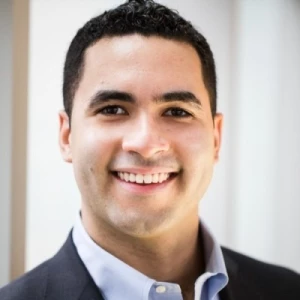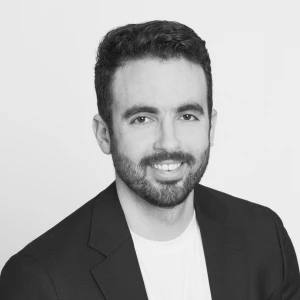Hi!
When I communicate my structure I usually try to say why I have included the different buckets (both top buckets and sub buckets) in my structure. Is this a good thing to do? In some cases it feels kind of mechanical to do for the sub buckets. Further, lets say I have a top bucket called market and that one of the sub buckets is customers. Then I typically say something like: "In order to understand whether this is an attractive market I like to look into 4 things. First I would like to look at the customers to learn more about what they look for in a product as well as what customer segments that are evident." Then when I drill down in the customer sub bucket I typically find out that I also look at it for more things (e.g. to find preferred distribution channels etc.) Do you guys have a better way of approaching this?















